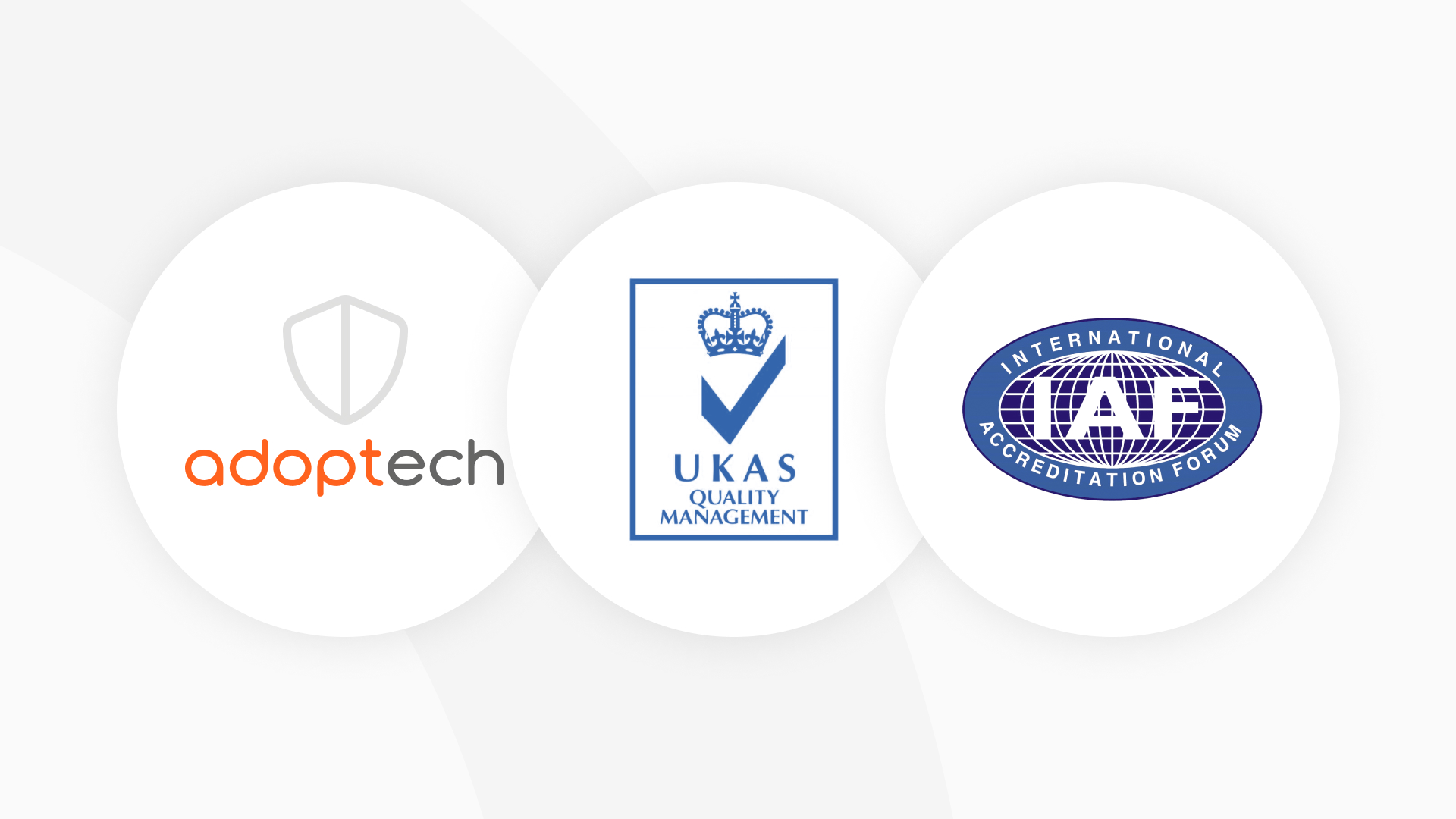Why Your ISO Certificate Might Not Be Valid — And What You Need to Know About UKAS Accreditation
You’ve got your ISO certificate. You’re feeling confident. But then a client asks if it’s UKAS-accredited — and the truth hits: it’s not.
This situation is more common than you think. And for many businesses, it leads to lost contracts, failed tenders, and a rush to restart the certification process the right way.
In this article, we’ll explain why UKAS accreditation matters, how companies get misled, and what you should look out for.
What Is UKAS — and Why Does It Matter?
UKAS (the United Kingdom Accreditation Service) is the only government-recognised national accreditation body in the UK. Its role is to ensure that certification bodies are competent, impartial, and meet internationally recognised standards.
When a company says they are “ISO certified,” it means nothing unless that certificate was issued by a UKAS-accredited certification body (CB) — such as Tempo, PQAL, BAB, BSI, NQA, SGS, or LRQA.
Without UKAS accreditation (or an equivalent IAF-recognised body abroad), your certificate may be:
- Rejected by enterprise procurement teams
- Non-compliant with public sector or government frameworks
- Useless in international tenders or audits
The Problem With Non-Accredited Providers
Providers offer services that look like formal certification. But here’s the catch:
They are not a UKAS-accredited certification body.
What they offer is often made to look and feel like UKAS accreditation, they may be accredited by other bodies, such as, Accreditation Services for Certification Bodies (ASCB) but they do not need to follow the same scrutiny which is why they are cheaper.
Common issues include:
- Certificates not accepted by clients with rigorous due diligence
- Misleading branding that gives the appearance of compliance
- Limited or no independent, third-party audit
Why Do Companies Fall Into This Trap?
- Lack of Awareness – Most SMEs don’t know the difference between “certification” and “UKAS-accredited certification.”
- Marketing Spin – Non-accredited bodies use language that sounds official but omits crucial limitations.
- Cost and Speed – offers of cheaper, faster solutions than formal UKAS-accredited audits.
- Box-Ticking Mentality – Businesses want to “get certified” quickly for a deal or tender, but later realise it’s not valid.
How to Check If Your Certification Is Legit
To verify your ISO certification:
- Look for the UKAS tick-and-crown logo on your certificate
- Check the name of the certification body against the UKAS website or IAS Website
- Make sure the certificate specifies:
- The correct ISO standard (e.g. ISO 27001:2022)
- The scope of certification
- The accredited certification body’s name and logo
Why UKAS-Accredited Certification Matters for Your Business
Choosing a UKAS-accredited certification body ensures:
- Credibility – Recognised by clients, regulators, and governments
- Assurance – Based on a rigorous, independent audit of your systems
- Competitive advantage – Helps win contracts and enter regulated markets
- Compliance – Meets the requirements of frameworks like ISO 27001, ISO 9001, ISO 42001
How We Help
At Adoptech, we guide you through the entire compliance journey — from gap analysis to fully UKAS-accredited certification.
- We partner with approved certification bodies only (UKAS and IAF accredited certification bodies)
- Our platform automates the heavy lifting
- You get hands-on support from experienced compliance consultants
We’ll make sure your certification stands up to scrutiny — every time
Ready to Get It Right?
Don’t let a meaningless certificate hold your business back.
Talk to us today to start your journey to proper, recognised ISO certification — the kind that actually opens doors.






